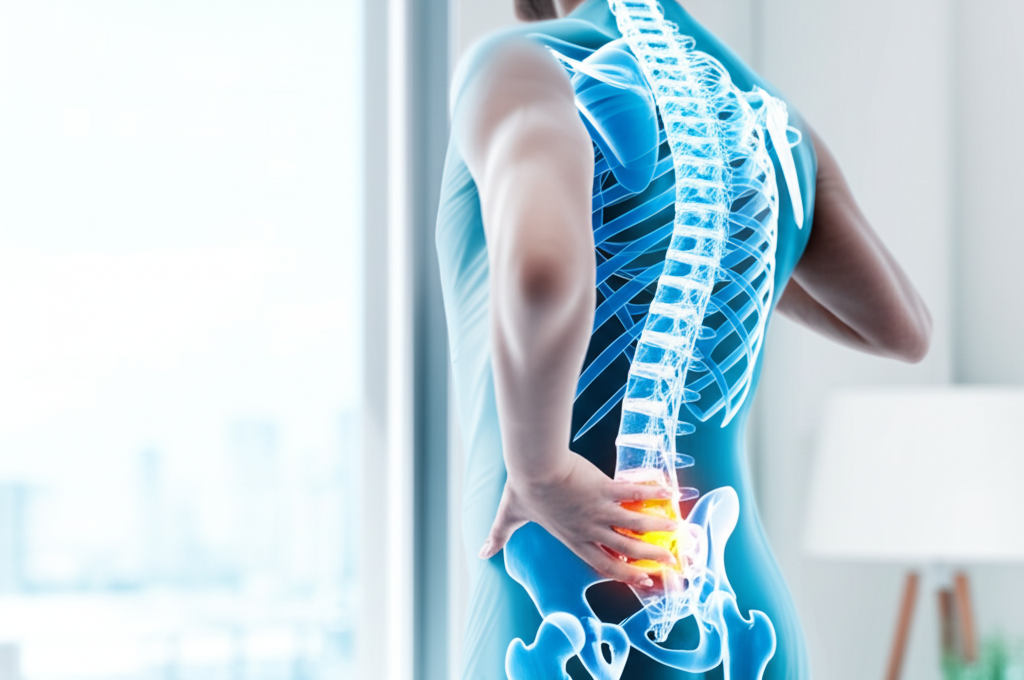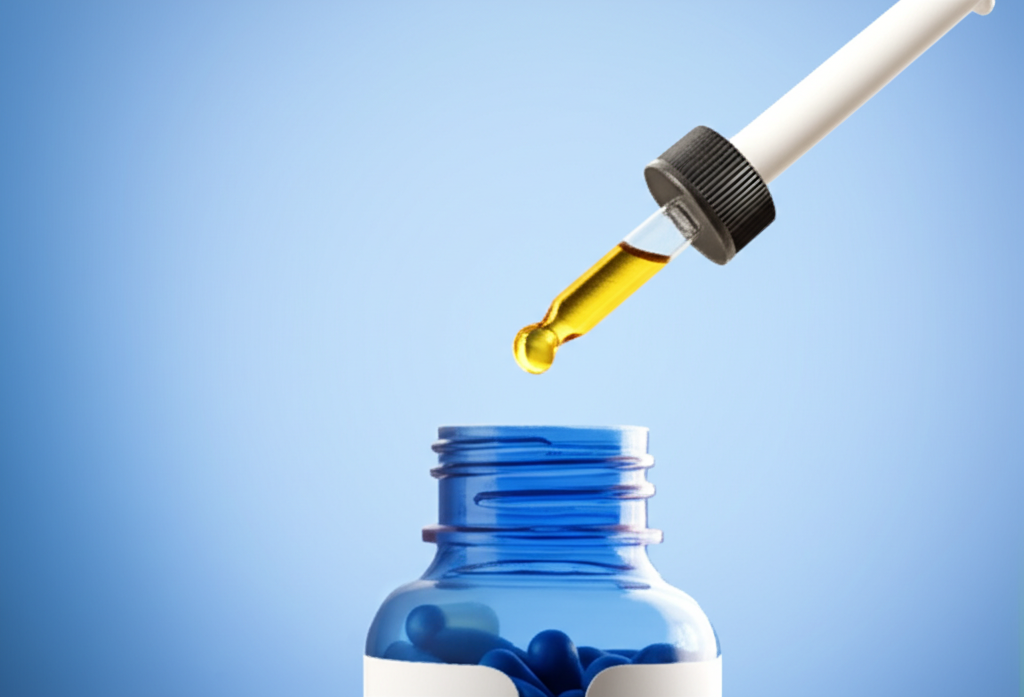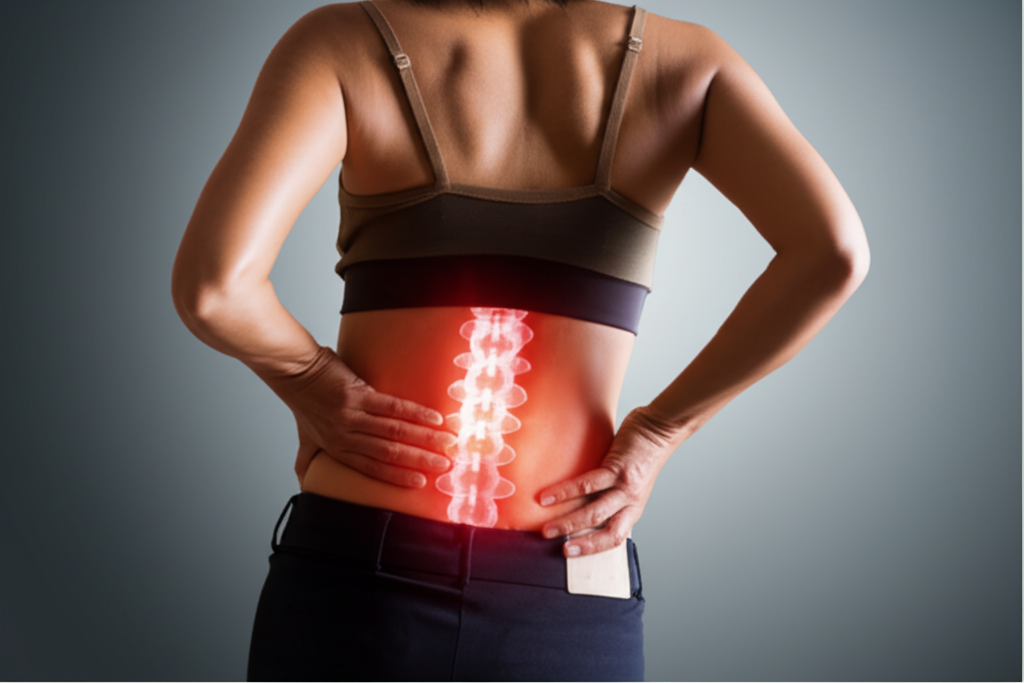Lower back pain is a widespread health concern, affecting an estimated 80% of individuals at some point in their lives. Studies in the United States have indicated that it is the second most common reason for medical office visits, highlighting the importance of understanding its causes and potential solutions. This issue impacts people of all ages and can be exacerbated by stress, given the nervous system’s role in transmitting signals throughout the body.
One potential aid in managing lower back pain is vitamin B12. Clinical research suggests that supplementing with vitamin B12 may alleviate pain in over 40% of individuals. This indicates that a significant portion of the population may be experiencing lower back pain due to a vitamin B12 deficiency.

Vitamin B12 is available in various forms, each with its own advantages. Liquid B12 is recommended to take a daily dose of at least 5000 micrograms. Sublingual tablets, which dissolve under the tongue, are another option, bypassing stomach acid that can hinder absorption. While typical sublingual tablets contain 1000 micrograms, some may offer a 5000-microgram dosage. In severe cases of lower back pain, B12 injections may be administered under medical supervision.
The significance of vitamin B12 in addressing lower back pain stems from its role in oxygen transport, nerve regeneration, and metabolic regulation. A study conducted by Dr. Mauro and his research team in 2000, titled “Vitamin B12 in Low Back Pain,” shed light on these mechanisms.
Vitamin B12 is essential for ensuring efficient oxygen delivery to red blood cells. Adequate B12 levels enable oxygen to reach cells throughout the body, particularly nerve cells, which are highly susceptible to oxygen deprivation. B12 also plays a crucial role in nerve regeneration. Nerves undergo a natural cycle of birth, growth, and death, and B12 is vital for this process.

Additionally, vitamin B12 is involved in fat and carbohydrate metabolism. It is important for creating proteins, including hormones like estrogen, progesterone, and testosterone, and it contributes to the formation of the myelin sheath that protects nerve fibers.
Individuals with hypothyroidism may be prone to B12 deficiency, as their condition can impair the production of intrinsic factor, a substance needed for B12 absorption. Vegetarians are also at risk, as natural sources of vitamin B12 are primarily found in animal products like dairy, meat, and eggs.
When seeking B12 injections, methylcobalamin may be recommended. Studies indicate that B12 supplementation can lead to pain relief in over 40% of individuals experiencing lower back pain. Individuals experiencing symptoms suggestive of B12 deficiency are encouraged to consult with a healthcare provider and explore options like sublingual tablets or liquid supplements to address potential deficiencies and manage associated lower back pain.




